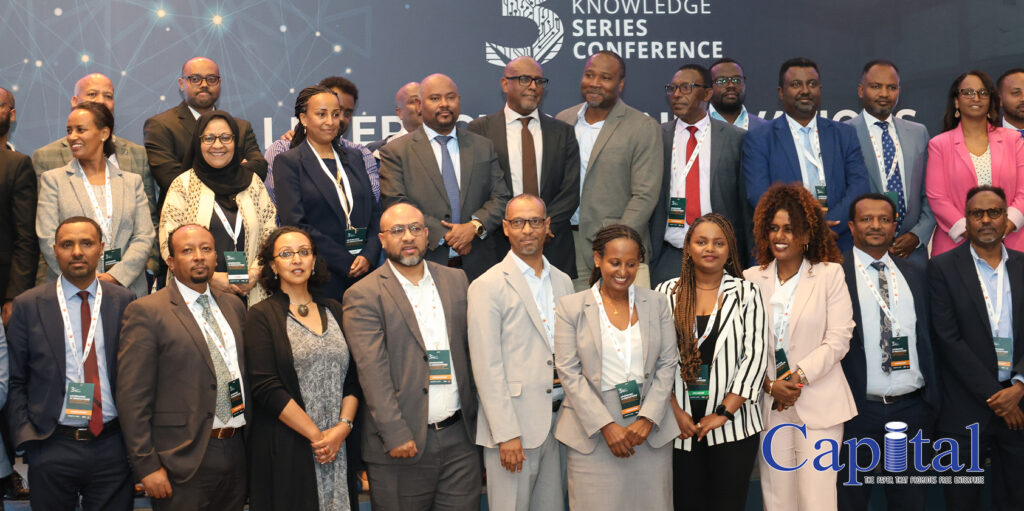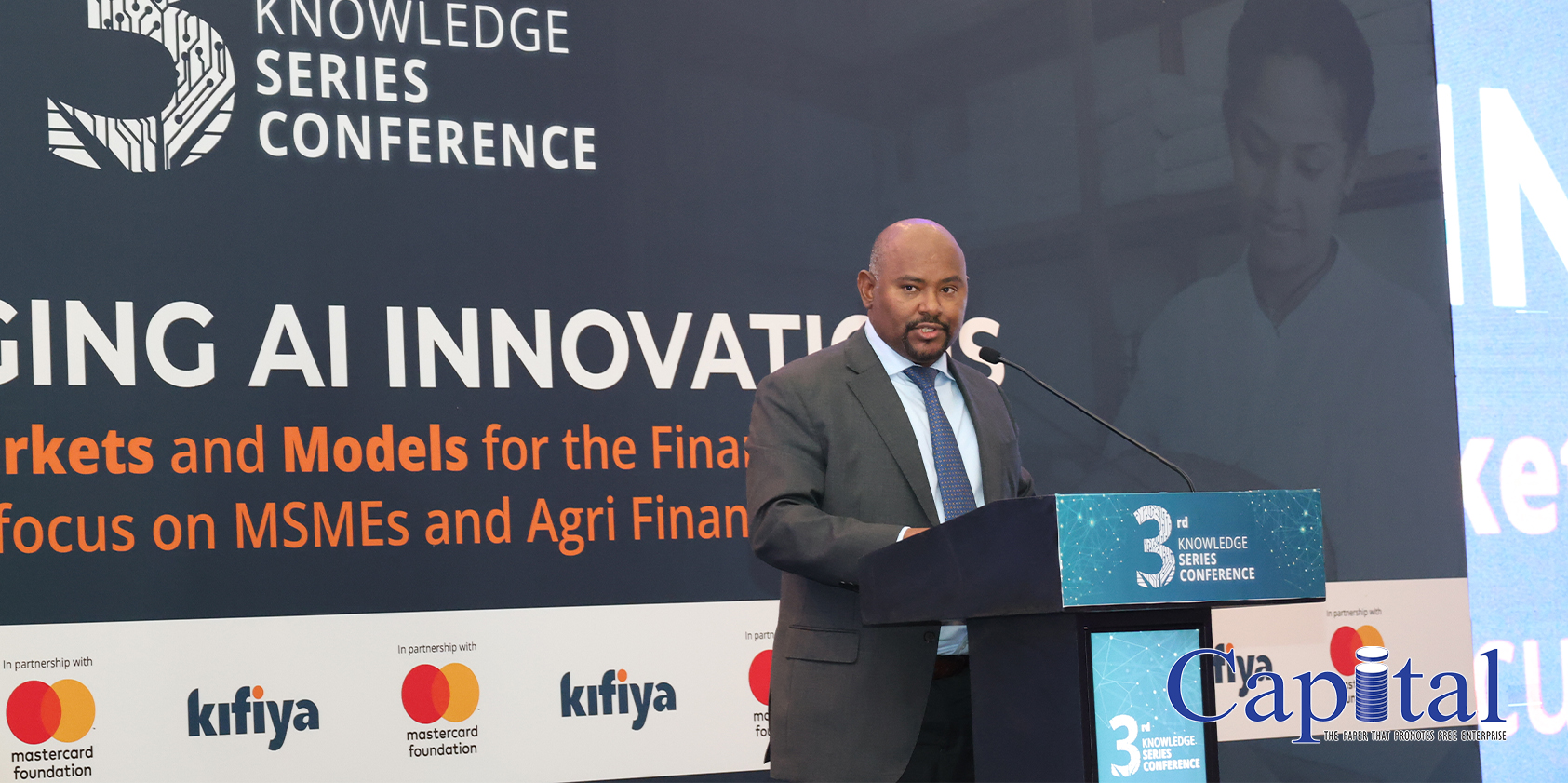More than 50% of Ethiopia’s adult population remains excluded from formal financial services, posing a significant challenge to the country’s economic development and social inclusion. Millions, particularly rural residents, have no access to banking or credit facilities, deepening financial scarcity and limiting opportunities for growth and employment.
Micro, small, and medium enterprises (MSMEs) face even greater obstacles. According to experts, only 1.9% of small enterprises and 6% of microenterprises currently have access to credit services. These stark figures underscore how limited financial inclusion contributes to high unemployment, insufficient job creation, and unsustainable economic progress.
In response, Ethiopian fintech company Kifiya, in partnership with the MasterCard Foundation, recently hosted its third knowledge-sharing event to address these barriers and explore innovative solutions. At the event, Kifiya unveiled a new collateral-free lending model powered by artificial intelligence (AI), which has enabled banks to extend over 35 billion birr in loans to more than 467,700 SMEs across the country.

A key initiative highlighted was the SAFEE programme, co-led by Kifiya and the MasterCard Foundation, which has successfully provided loan services to 358,977 MSMEs and 355,027 women entrepreneurs. This effort has supported the creation and sustenance of over one million jobs, illustrating the transformative potential of inclusive finance.
Despite these achievements, experts acknowledge that much remains to be done. The scale of financial exclusion means that current successes fall short of delivering the broad economic impact needed to uplift more than half of Ethiopia’s population. The forum attracted over 300 stakeholders, including government officials, banking representatives, fintech innovators, and development experts, fostering collaborative discussions on leveraging AI to unlock new financial markets.



